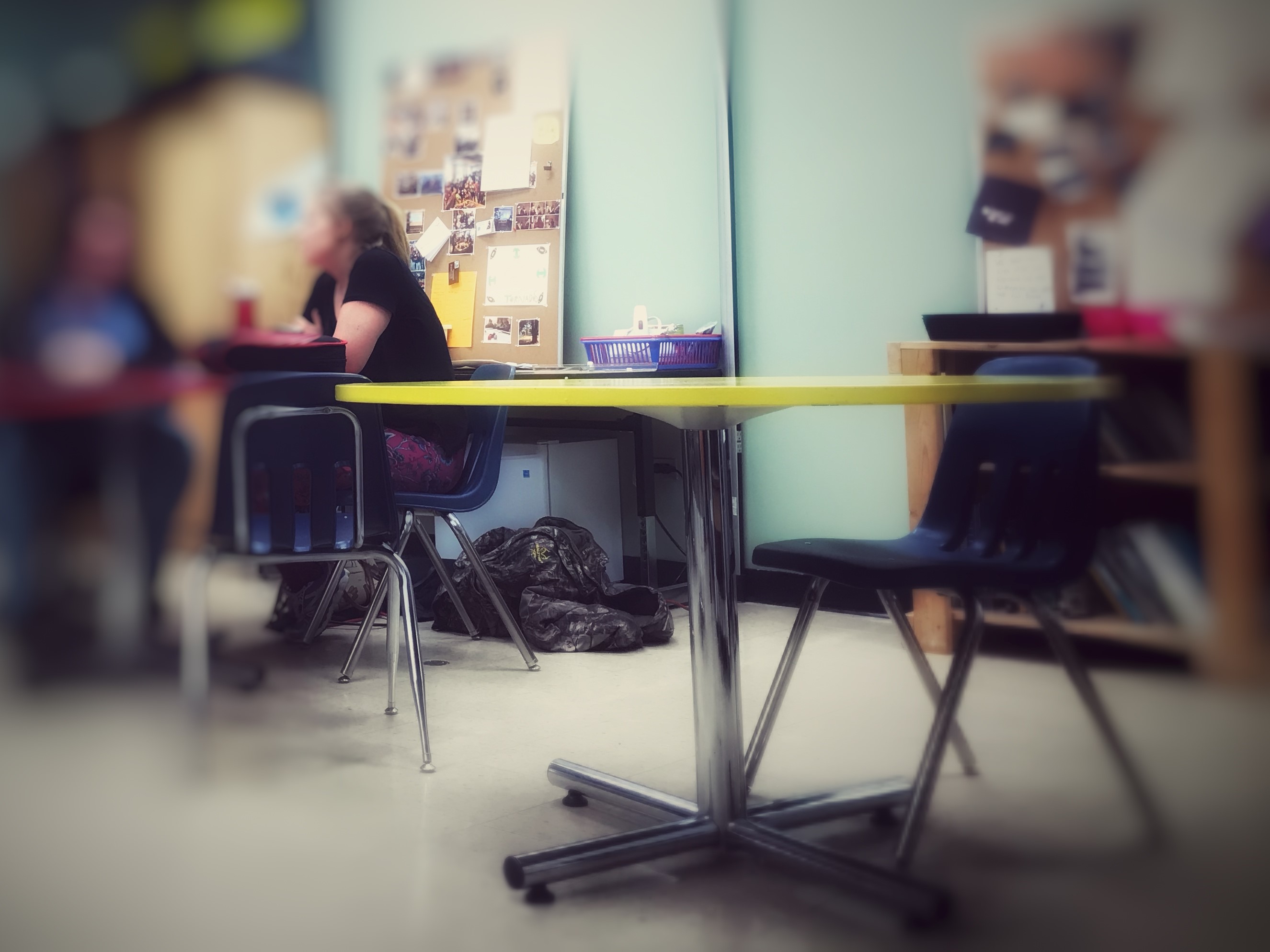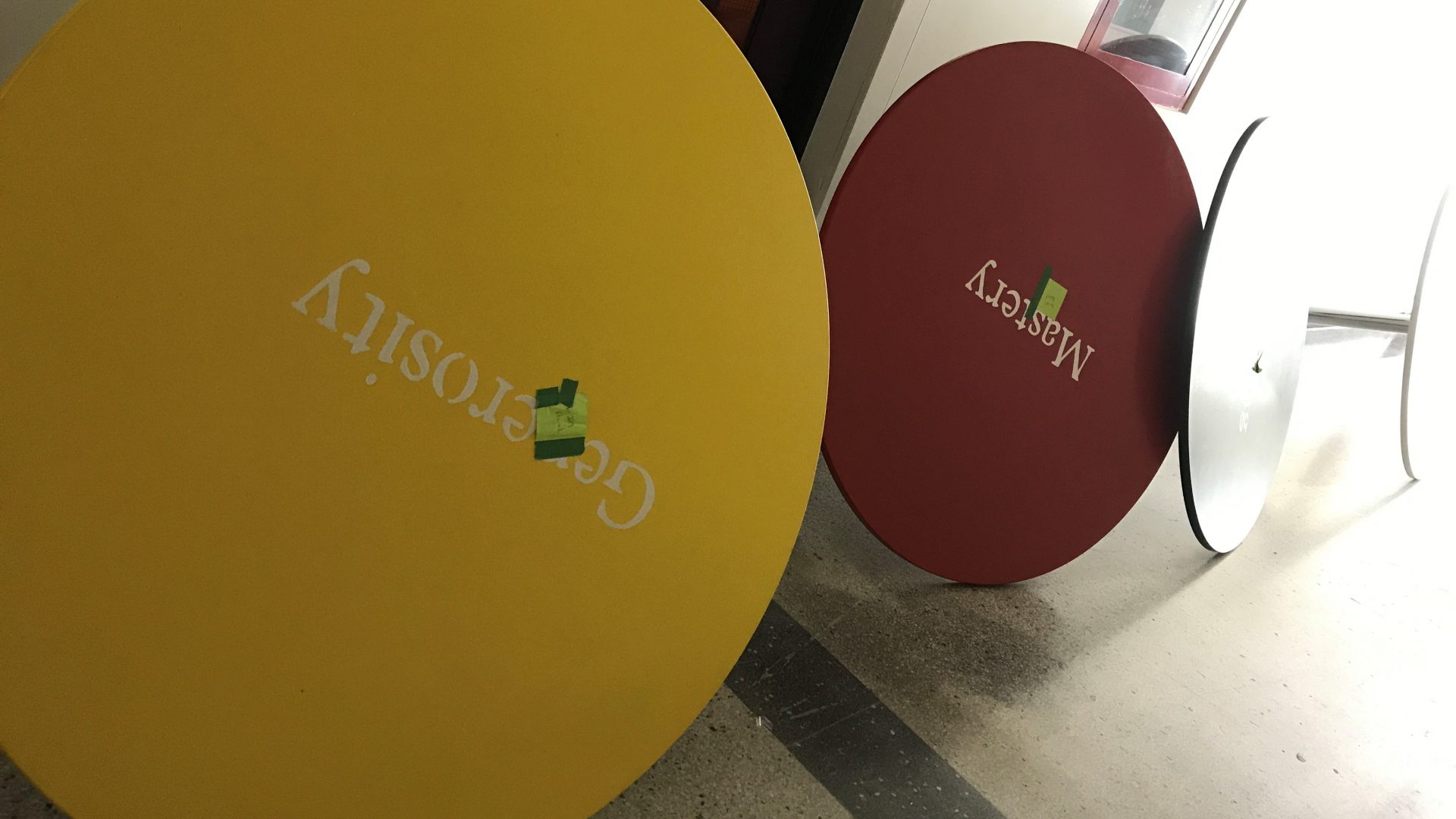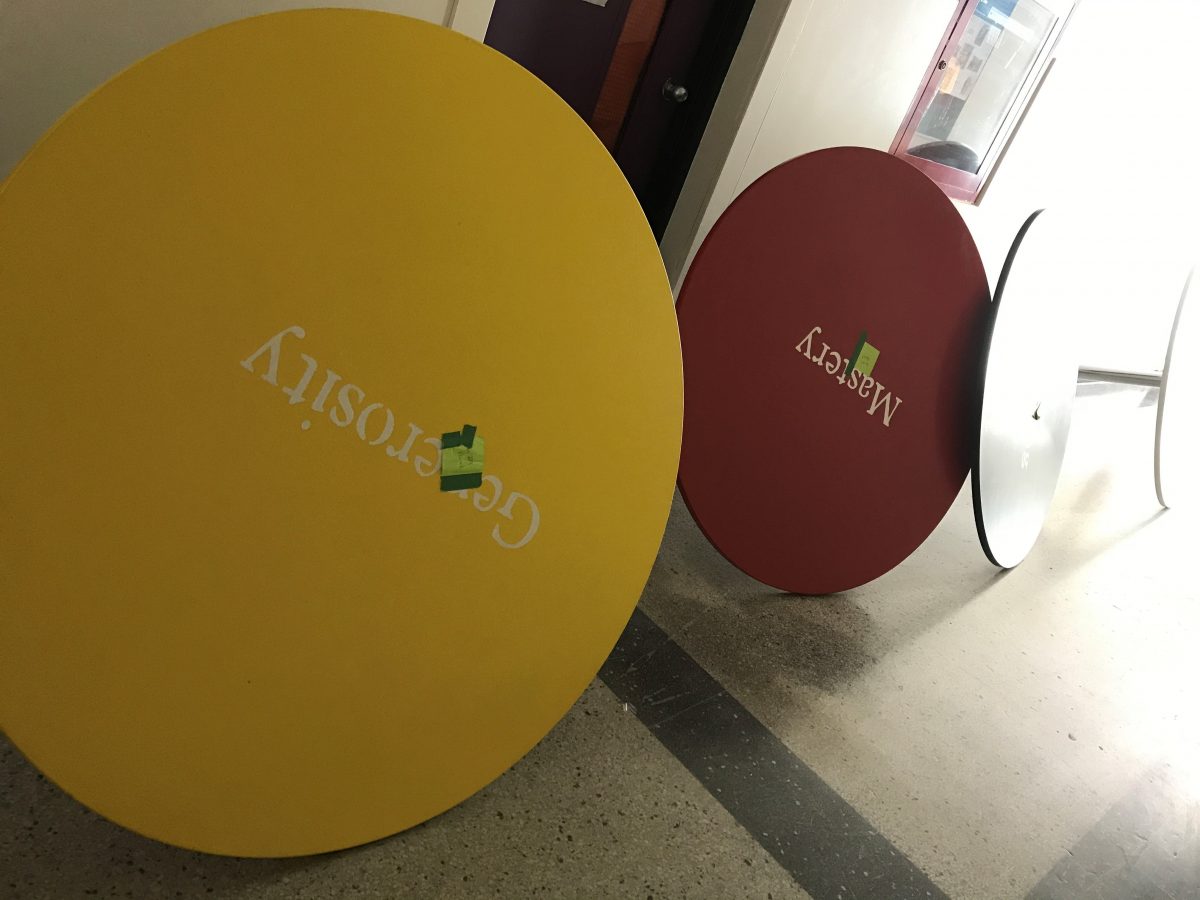A Student Support Teacher’s Pause
“Cori you teach my brother.” Zack sat back in the Adirondack chair, his feet swinging, too small to touch ground.
I paused. I actually felt the pause of sifting through data to find the correct answer.
Am I his brother’s “teacher?”
- Your brother is Josh.
- Josh is in grade ten.
- I work with Josh as his Student Support teacher (SST)….
“Yes, I teach your brother.”
~
Zack is 8 and his brother, Josh, is 15.
I had been sitting with Zack, his siblings, his cousins, his grandparents, and many other folks, around a multifamily campfire. Josh was out of town.
I work closely with Josh. He and I meet one to three times every two weeks. Josh and I get along brilliantly.
He seeks me out when he feels he needs to, and sometimes, simply to check-in. He and I often meet over lunch, to debrief basketball, band, girls, his parents, curfew, and learning.
We have worked hopefully on acquiring skills to meet the goals that Josh and I, with the intensive support of his large and involved family and outside agencies, have created. Josh owns his goals. He owns the strategies to help meet his goals.
What Josh has in common with many other students with challenges is that the function of his behaviour is not always understood by the adults around him. Josh works to help me to better understand his behaviours. Josh and I work to help each other to better understand. And we work to help those around us to better understand.
In June, I was moved to a new role at my school, and one, for the most part, that altered my case-load. “You won’t be allowed to keep your kids.”
I understood the function and design of my new role, and the need to transition the students I was working with to other brilliantly capable Student Support teachers in the building.
My heart was breaking even though I am well aware that managing transitions and the skills to naviagate them are essential. For myself as well as students. Josh’s mom messaged, “Would it help if I called and spoke with [the principal]? Josh has had such a successful year. I want him to stay with you.”
~
And there was Zack, looking up at me, his feet swinging, firelight dancing across his smile, “Cori, you teach my brother.”
And there I stood. Paused. Wondering if it was okay to answer yes.
~
After the campfire, I sat at my kitchen table. The pause in my answer resonated. Hearing Josh’s much younger brother make a statement of knowing that I was one of his brother’s high school teachers was both empowering and confusing.
I mean, part of me could hear Josh’s mom imploring me to support her plea to keep Josh on my caseload. Another part of me wondered how that decision had come about: had his mom been brushing the dog, irate over hearing the news that once again Josh would move to another SST, had Josh’s dad been standing at the counter, preparing supper? Had Josh been there? Had he advocated to stay with me? Had it really mattered to him? Was he face down on the kitchen table listening to another discussion of his learning needs? Was his sister away at a sporting event? Where was Zack? And perhaps, the other dog; I can imagine this family, who openly discuss everything, having discussed Josh’s placement with an SST in grade 10.
Recently my Superintendent of Learning an article meant for first time Student Support teachers.
At the time, I too shared the same article, highlighting the words, “never, ever give up.”
But thinking deeply with Zack’s statement, I am reminded of the important work I do a Student Support teacher as I re-live and re-tell my experiences: “most general education teachers do not have a clue what you really do or that you are a REAL teacher (it is your job to educate them on everything you can bring to their classroom and the school).”
I know, No! I feel the countless times students have asked me if I am a real teacher. I recall with a sting to my pride at the times I have been supporting in a classroom and teachers will introduce me as a “sort of helper.” “I am a teacher,” I’ll add, “much like your teacher, but with specialized training.” I am aware, however, of another group of educators who invite me into their classrooms to co-plan, team-teach, to lead, to talk things through, who introduce me as a teacher, “We are so fortune to have Ms. Saas with us today.” These humans are a gift to the educational landscape. These are the educators who reach out for help, and often, do so early on.
But in that campfire moment with Zack, I see myself from the bleachers…. That woman at school who walks from class to class and seldom works with more than ten students at once. She is a carrier of notebooks. She watches. She listens a lot and talks things through. Oh, the meetings. Her room is coffee, a come-and-go home. What. Does. This. Woman. Do?!
I am not a “traditional” classroom teacher.
Yet. As young precocious Zack made his statement, I recognized the fact that in his familial home, perhaps around their supper table chats, I live as real and as valued as a “teacher”, with as much meaning and fervour as Josh’s advanced Math teacher or his beloved Mechanics teacher.
Different. And. Teacher.
Sigh. But why is that powerful pause still so alive in me?
And does that pause find a niggling of root in other SSTs?
I simply can not explain the function of the pause. I know I’ve tried. I know I love my work. I know that how I speak about my work is often notably different than how many others share their work. I love what I do. I am so proud to be a Student Support teacher. Might there be, perhaps, some misplace greater value given to the extent of time a teacher spends with a youth and that quantity might than define teacherness? Or perhaps it is it ones effectiveness as a teacher? Is it one’s ability to foster a sense of belonging? Or nurture Independence?
~
I am Josh’s teacher. ~Oh, of course I am Josh’s teacher.
Of course.
~I think of Andrew, a high school student. He is not on my caseload. He takes no Extension Courses with me. Yet, for the past three years he spends one period a day in my room. He is nearly silent. He sits. Sometimes he reads. Sometimes I chatter to him. He listens. Most often, his space, the round yellow table near the back wall, is his reprieve. I know I am Andrew’s teacher.
I am a fifth generation teacher. I know being a teacher is intrinsically tied to my identity.
Maybe, kids and their families are the experts best equipped to recognize those who educate? Why is this title so strangely painful to claim?
I was at a Poetry Slam a few weeks ago, chatting with the facilitator. She was sharing her stories of experiences, and as I commented, she replied, “You are going all teacher on me.” But is there a point when I am not a teacher?
At 2:47am am I any less an educator? Hiking a grasslands ravine in August, am I less? Or am I yet? Savouring each step, breath, sage song into that space, that beautiful universe, gentle around the yellow table, or vibrant around Josh’s kitchen nook.
Oh, the teacher complex.
I am. Yes.


